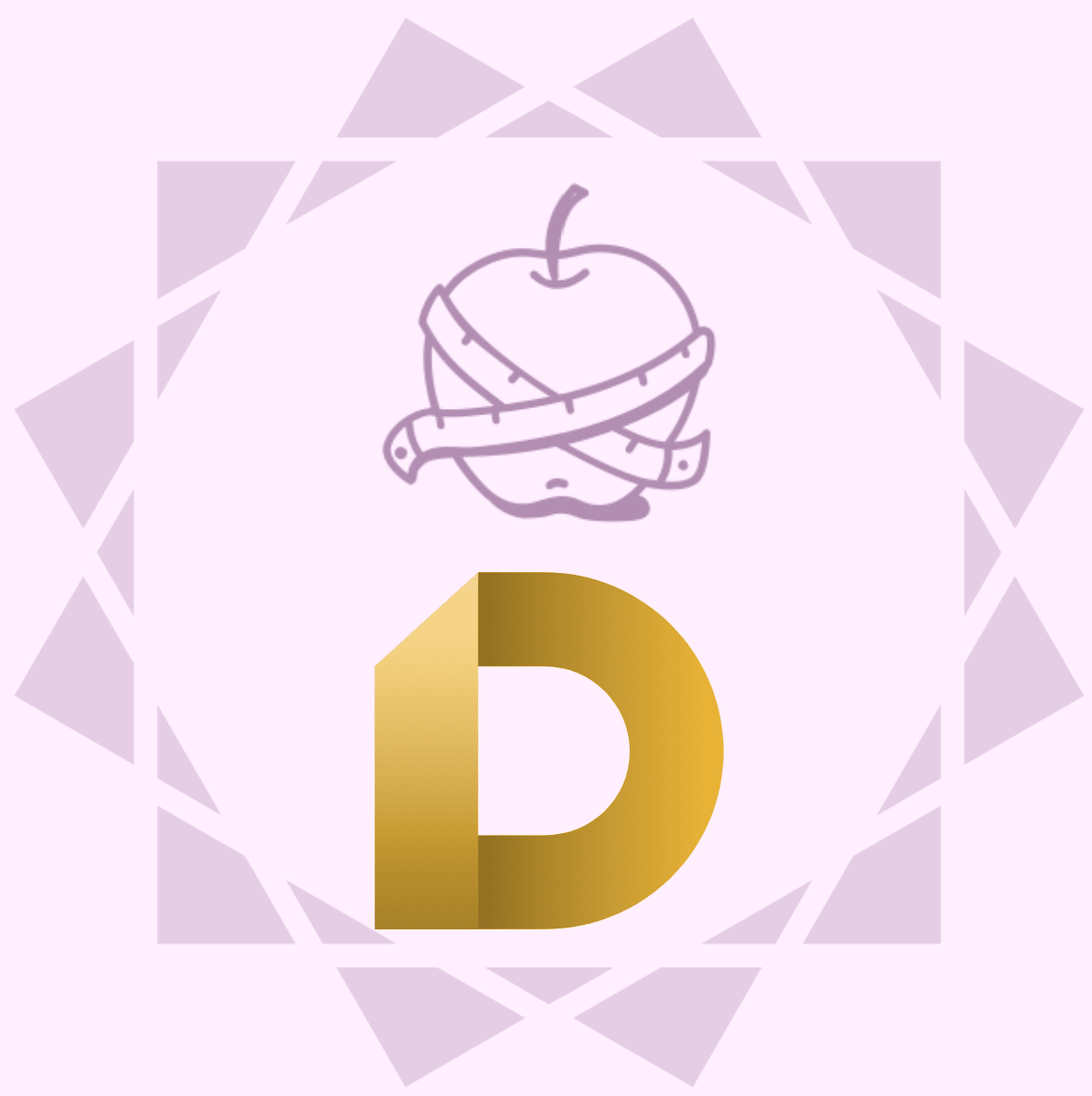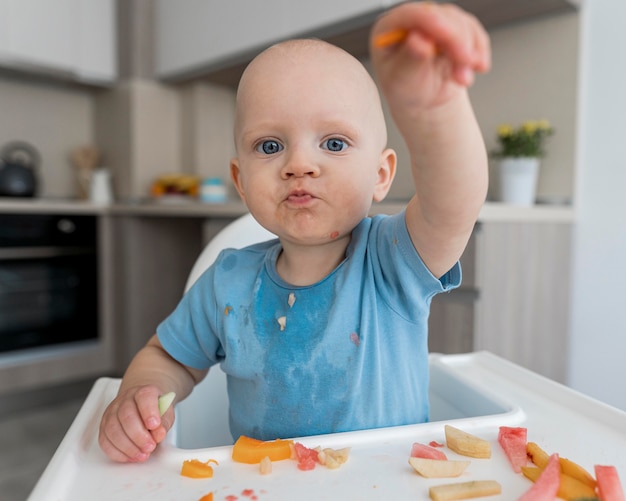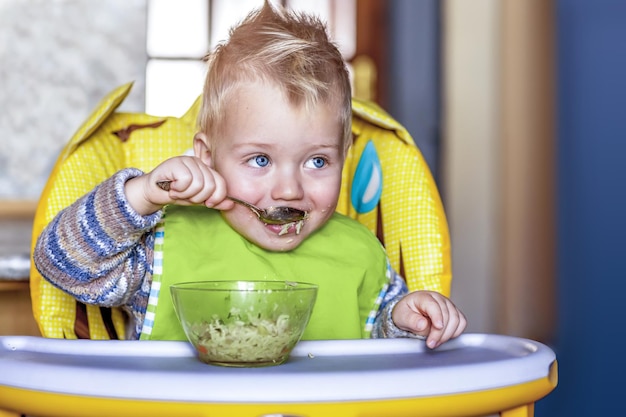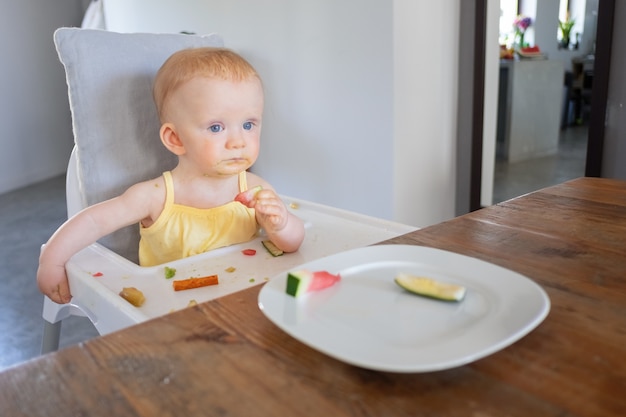What foods should not be eaten by a seven-month-old baby ?
Gradually, as the children approach one year old, the conditions change. They become smarter and their heart wants to go to new things; Especially in the middle of 12 months. As a result, the food of a seven-month-old child must be planned and determined clearly.
At seven months, your baby has learned how to eat and you know when your baby is hungry and when he is full. In this situation, you should leave them with you and eat together so that he learns how to approach new foods. What foods contain healthy fats
Feeding at 7 to 9 months
During this period, children gradually move towards eating 3 meals a day: breakfast, lunch and dinner. For this reason, you should provide them with a wide variety of different foods so that they have enough energy and nutrients such as iron.
Babies don’t need added salt or sugar in their food, maybe salty food is not good for the kidneys and sugar can cause tooth decay. Keep in mind that at first it may take 10 times for the baby to get used to a new food, taste or texture. Obesity diet
Apart from this, there will be days when they eat more food and days when they eat less. The important thing is not to worry and know that this is completely normal. Another point is that babies do not need snacks before 12 months of age. If you think your child is getting hungry between meals, you can give them extra milk.
What foods are included in the diet of seven-month-old children?
Be sure to include a wide variety of food groups in your seven-month-old’s meals. In the following, we mention the ingredients that should be used to make food for a seven-month-old baby:
the vegetables
Try to introduce your child to various mashed foods and finger foods. To make them, cook them first, then mash or blend the vegetables to create the right texture for your baby. Vegetables that you can use in the food of a seven-month-old baby include:
Asparagus
Avocado
Broccoli
Squash
cabbage
carrot
Cauliflower
Zucchini
green beans
Cabbage
peas
pepper
spinach
turnip and yellow
Fruit
Mash the soft ripe fruits to have the right texture for the baby and if it is a hard fruit, we suggest to cook it first to make it soft. Try to remove any hard cores or skins from the fruit. Use the following fruits in your child’s diet:
the banana
blueberry
Kiwi
mango
Melon
Nectar
Orange
Peach
pear
Pineapple
plum
raspberry
Strawberry
Foods containing starch
This category of food can be cooked and mashed if necessary and then given to your child. Cereals can be mixed with breast milk or infant formula if your baby is over 6 months old. Some starchy foods that can be included in the children’s food list include:
Rice
Bread
corn flour
millet
Oatmeal
Pasta
porridge
potato
Toast
Protein foods
This food group includes meat, fish, eggs and legumes, which are added to the baby’s diet after 6 months; Foods that, in addition to protein, have other nutrients such as iron and zinc. We suggest that you give your child boiled and mashed eggs so that they have a soft texture. Among the protein foods that are suitable for children aged seven to nine months, the following can be mentioned:
Beans
Beef
chicken
egg
Boneless fish
Lamb
lentils
Legumes like peas
Turkey meat
dairy
Pasteurized dairy products such as yogurt and high-fat cheese are suitable ingredients for your seven-month-old baby’s food. Just note that choosing unsweetened full-fat yogurts and fully pasteurized whole milk are more reasonable options that you can add to different foods.
Cow’s milk is not recommended for drinking before 12 months of age.
Finally, let’s say that foods that are at risk of choking, such as very small fruits, raw vegetables, nuts, plants and things like that, are prohibited for your child, because children under five years old are at risk of choking, and even if parents want fruits like grapes provide them, they should divide each seed into 4 small pieces.
Food after weaning the baby
Weaning children means to gradually and slowly provide them with various foods in very small form in the form of finger food or soft purees so that their meal is gradually moved from milk to different foods.
We suggest that by preparing small meals and placing them in front of the children, you allow them to eat the food they want by themselves rather than feeding them the pureed food yourself with a spoon.
In any case, there is no right or wrong way, and the most important thing is that your child has access to a variety of foods and can get all the necessary nutrients.
How much food do seven-month-old children need?
The NHS says that one of the biggest concerns parents have when it comes to feeding their seven-month-old baby is how much is enough? The answer to this question depends on your child. A seven-month-old baby should normally have three meals a day.
The size of these servings can be less than one tablespoon or even more. Some babies may even consume eight to twelve spoonfuls of food a day. In terms of breastfeeding, a 7-month-old baby is usually breastfed for 3-4 hours a day.
The daily calorie requirement for 7-9 month old babies is about 825 calories for boys and 765 calories for girls.
Should we still breastfeed a seven-month-old baby?
Breast milk or infant formula still provides the necessary energy and nutrients in the first year, and it should be included as the main drink in a seven-month-old baby’s food plan until 12 months old. As long as the child and mother want, they can continue breastfeeding.
As time passes and solids are introduced, babies may naturally want less breast milk or formula. Infants who are fed formula may need about 600 milliliters of milk per day.
Remember that your baby’s stomach is small and fills up quickly, so offer milk after solid food and don’t force them to finish the bottle.



